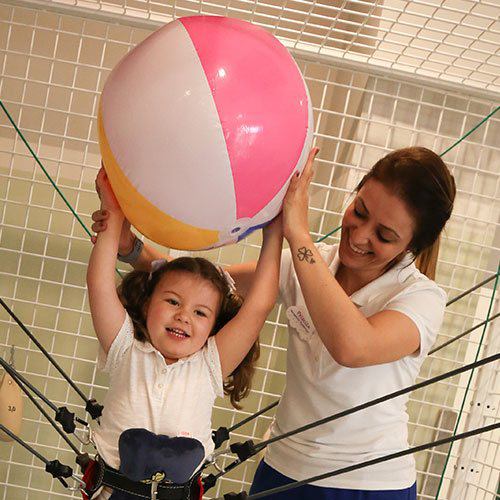In pediatric physical therapy, parents play a crucial role in supporting their child’s development, progress, and overall well-being. As active participants and advocates, parents contribute valuable insights, efforts, and collaboration to the therapeutic process. Understanding and embracing the role of parents in Pediatric physical therapy is essential for optimizing outcomes and promoting holistic care for children.
Advocacy and communication:
Parents serve as advocates for their child, ensuring their needs, preferences, and concerns are heard and addressed throughout the therapy process. Effective communication between parents and therapists is crucial for establishing goals, discussing progress, and making informed decisions about treatment options. By advocating for their child’s best interests and maintaining open lines of communication with therapists, parents help create a supportive and collaborative care environment.
Home-based reinforcement:
Pediatric physical therapy extends beyond the clinic or therapy center, with much of the progress and learning taking place in the child’s home environment. Parents play a vital role in reinforcing therapeutic strategies and exercises at home, incorporating them into daily routines and activities. By implementing therapist-recommended exercises, techniques, and modifications at home, parents support their child’s ongoing development and reinforce the skills learned during therapy sessions.
Emotional support and encouragement:
Coping with physical challenges or disabilities can be emotionally challenging for children and their families. Parents provide essential emotional support, reassurance, and encouragement to their child throughout the therapy journey. By nurturing a positive and nurturing environment, parents help build their child’s confidence, resilience, and self-esteem, empowering them to overcome obstacles and persevere in their therapy efforts.
Observational insights:
Parents have a unique perspective on their child’s abilities, behaviors, and challenges, based on their daily interactions and observations. Their insights into their child’s preferences, strengths, and areas of difficulty are invaluable for therapists in developing personalized treatment plans and interventions. By sharing their observations and experiences with therapists, parents contribute valuable information that informs the therapeutic process and improves outcomes for their child.
Collaboration in goal setting and decision-making:
Collaboration between parents and therapists is essential for setting meaningful goals and making informed decisions about treatment options. Parents provide valuable input into goal-setting discussions, drawing on their knowledge of their child’s needs, priorities, and aspirations. By actively participating in the goal-setting process, parents ensure that therapy goals align with their child’s individual needs and goals, nurturing a sense of ownership and investment in the therapy journey.

